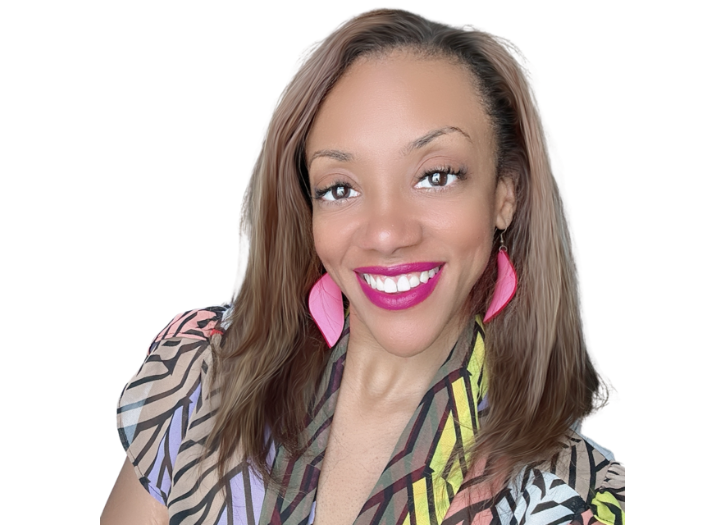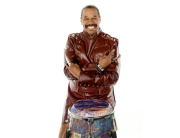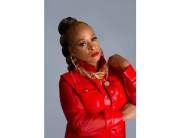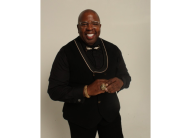Dr. La Keita D. Carter, PsyD, is a licensed psychologist, specializing in trauma. A Baltimore native, Dr. Carter earned her bachelor’s degree from Temple University and her master’s and doctoral degrees from Loyola University Maryland. She also holds credentials as a Licensed Clinical Professional Counselor-Supervisor (LCPC-S) and a Licensed Clinical Alcohol & Drug Counselor (LCADC). Affectionately known as “Dr L,” she is a Diplomate in Rape Trauma and a Certified Clinical Trauma Professional (CCTP).
Dr. Carter is a sought-after speaker and media expert, frequently featured for her insights and cultural competence. She has presented at high-profile events, including Taraji P. Henson’s “Can We Talk?” Conference and the Maryland Department of Health’s Racism and Mental Health Conference.
Who is your business role model? Why?
Dr. Carter: I really admire Dr. Thema Bryant. She shows that you can be highly educated, deeply spiritual, relatable and still make a powerful impact. She’s proof that you don’t have to choose between your humanity and your credentials. She’s unapologetically a believer; unapologetically a Black woman; unapologetically a psychologist. She walks in her power.
What’s your best piece of advice for aspiring mental health professionals?
Dr. Carter: Be trainable. Phil Jackson once said, “I can’t coach Kobe.” As soon as I heard it, I was struck, and this is something that I tell budding psychologists all the time. Be coachable; be trainable. What you learn in books is important. Real healing happens when you show up with compassion, cultural sensitivity, and the willingness to listen more than you speak.
How has the conversation around mental health changed in recent years?
Dr. Carter: It’s gotten so much broader and more human. We’re not just talking about severe crises anymore — we’re talking about everyday mental health symptoms, boundaries, generational trauma, intimacy, and more. And people aren’t whispering about therapy anymore — they’re shouting it from the rooftops.
What are some misconceptions people have about therapy or seeking help with mental health issues?
Dr. Carter: A big one is that therapy is only for people who are “broken” or in crisis. In reality, therapy is for anyone who wants to understand themselves better, heal old wounds, grow stronger relationships, or just live more fully. It’s a tool for growth, not just survival.
How can friends and family best support someone who is struggling with their mental health?
Dr. Carter: Show up without trying to fix it. Sometimes the most powerful thing you can do is sit with someone, listen without judgment, and remind them that they don’t have to go through it alone. Take them to their first therapy session.
How can readers connect online?
Dr. Carter: https://www.instagram.com/drlakeita?igsh=MWxrZXM2MTJ5aTF4Yg==







Add Comment
You must be logged in to post a comment.